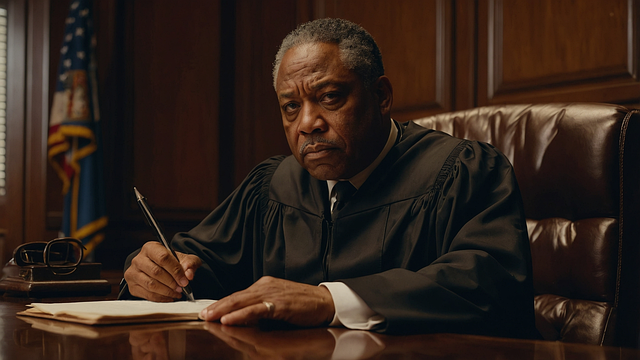Medical records are crucial in determining accident settlement values as they provide detailed insights into an individual's health history and post-injury treatments, helping legal professionals assess the severity of injuries and their long-term effects. These documents, including notes from healthcare providers, diagnostic reports, and treatment plans, offer objective evidence of a victim's pre-, during-, and post-accident health status, influencing settlement amounts by quantifying economic and non-economic damages. Proper organization and presentation of medical records are essential for achieving fair accident settlement outcomes in complex legal scenarios involving elder law, commercial disputes, or partnership disagreements with accidents.
Medical records play a pivotal role in determining the value of accident settlements. These detailed reports offer insights into an injured party’s treatment, diagnoses, and overall health history, all of which can significantly influence compensation amounts. This article explores how medical documentation impacts settlement negotiations, highlighting critical factors that lawyers and insurers consider. We navigate the complexities involved to ensure fair compensation for individuals affected by accidents, providing a comprehensive guide to understanding this essential aspect of personal injury cases.
- Understanding Medical Records in Accident Cases
- The Impact on Settlement Value: Key Factors
- Navigating Complexity for Fair Compensation
Understanding Medical Records in Accident Cases

Medical records play a pivotal role in shaping the value of an accident settlement. These detailed documents provide an accurate account of an individual’s health history and the treatments they have received or require following an injury-causing incident. For victims involved in accidents, understanding the significance of their medical records is essential. An auto accident lawyer can help navigate this process, ensuring that all relevant information is gathered and presented effectively during settlement negotiations or court proceedings.
In the event of an accident, prompt medical attention is crucial for physical well-being, but these records also serve as critical evidence in legal matters. They document injuries, diagnoses, and treatments, which can significantly impact insurance coverage disputes and business litigation related to accidents. By examining these records, legal professionals can assess the extent of harm caused, predict potential long-term consequences, and calculate fair compensation for victims, ultimately influencing the final accident settlement value.
The Impact on Settlement Value: Key Factors

The impact of medical records on accident settlement value is profound, as they serve as a comprehensive account of an individual’s health and well-being following a traumatic event. Key factors that influence the settlement amount include the extent of injuries documented in the records, the duration of treatment required, and the overall cost of healthcare. Comprehensive medical documentation not only validates the severity of injuries but also quantifies their long-term impact, which can significantly enhance settlement negotiations.
Accident lawyers often rely on these records to build a compelling case for their clients. They scrutinize details such as diagnosis, prognosis, and treatment plans to assess the emotional and financial burden endured by the victim. Moreover, medical records play a pivotal role in securing fair compensation, ensuring that victims receive legal representation that accounts for all associated expenses and projected future medical needs related to the accident.
Navigating Complexity for Fair Compensation

Navigating the complexities of medical records is a crucial step in ensuring fair compensation for accident victims. These records play a pivotal role in determining the settlement value, as they provide detailed insights into the extent and nature of injuries sustained. Healthcare professionals’ notes, diagnostic reports, and treatment plans offer an objective view of the victim’s well-being before, during, and after the incident. This comprehensive data enables lawyers and insurance adjusters to calculate the economic and non-economic damages accurately.
In legal matters such as elder law, commercial disputes, or partnership disagreements where accidents are involved, the precision and thoroughness of medical documentation become even more critical. Accurate representation of injuries and their impact can significantly influence the outcome of settlement negotiations. Therefore, it’s essential to meticulously organize and present these records to advocate for a fair accident settlement.
Medical records play a pivotal role in determining the value of an accident settlement. By meticulously analyzing these records, legal professionals can uncover crucial details about injuries, treatment plans, and recovery timelines, all of which influence the financial compensation awarded to victims. Understanding the intricate connection between medical documentation and settlement outcomes is essential for navigating complex personal injury cases fairly and ensuring just recompense for those affected by accidents.





